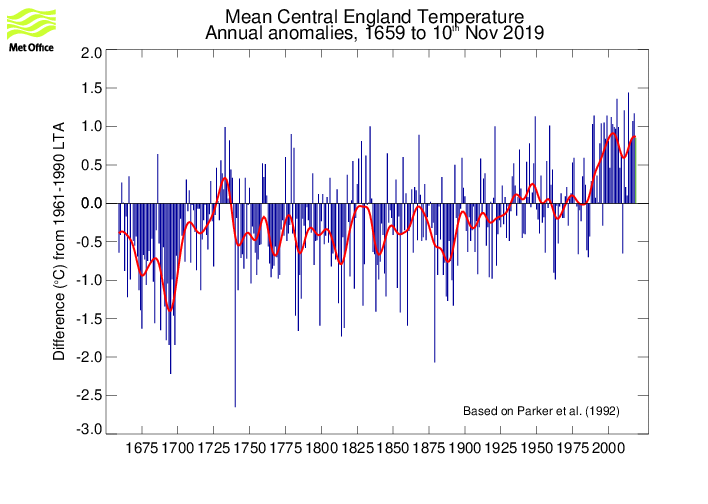
Our third Republic of Learning event took place on Friday 15th November at Make@StoryGarden, and was intended to explore a different mode of exchange through a focus on making.
The first two RoL sessions had featured objects being shared and discussed as a vehicle for exploring the intersections between art, culture, science and climate change. Following feedback from previous sessions, we decided to place a greater emphasis on making as an activity to promote more relaxed discussions around the core themes. The third session developed from the basis of craft as reminiscent of digital process, in this case with cross-stitch employing a 0/1 approach across a predefined grid which could be utilised to communicate graph-like imagery through pixellation. Although the intention was to provide a new way of looking at local data, interpreted through making, we also aimed to combine some of the ubiquitous styles used in traditional cross-stitch. This included pre-defined floral decoration, as well as an invitation for participants to create an equivalent of the idiom ‘Home Sweet Home’, which we termed ‘Personal Climate Mantras’.
Cross-stitch is often considered a feminine activity and referred to as one of the 'domestic' arts. Typically cross-stitch patterns, once completed, are used as décor and framed, or made into throw pillows for sofas or beds. This translation of data takes a complex subject like climate and grounds it back into the space of the vernacular and domestic.
Erin had come across the TEDx video by Sarah Corbett on how "Activism needs introverts". In this video she discusses her experiences of working in activism and how activism, of any sort, tends to prioritise extrovert activities, such as campaigning and marches. She makes a case for finding ways in which people who are not comfortable with extrovert activities can be incorporated into activism using quieter, more contemplative approaches. Cross-stitching/embroidery can create a relaxed space for open discussion – makers can discuss harder topics without eye-contact, creating a more inclusive environment. The results can form powerful objects that can communicate with policy makers and others in inclusive and non-confrontational ways.
Rachel brought data from the Met Office she has worked with before, namely the "Mean Central England Temperature Anomalies" from 1659 to 2019. This graph indicates the range of anomalies in temperature measurements over a 360 year span, as well as indicating the mean anomaly. This (the mean anomaly) she converted into a simple cross-stitch pattern and placed at the top of the planner (above) which we created for participants to follow.

The bottom design shows Euston Road, Chalton St and Eversholt St with different colours showing the differences between the pollution levels around Kings Cross and Chalton Street. The different shades of colours shows the levels of air pollution. Euston Road has the worse pollution, a lot higher than recommended limits, whereas Chalton Street is at the limit. The data was taken from Kings College's LondonAir site, which collates data and visualises it from street-level pollution monitoring stations across London.

Our intention for this session had been to use a making activity as an alternative and convivial 'prop' that could allow conversations to flow in a more relaxed and reflective style. Previous sessions had used objects (from both Rachel's & Giles' prior artworks) as the props for the discussions, but we had found that a familiar style of debate was still arising that a number of participants expressed discomfort and dissatisfaction with. We knew already from other workshop and meeting experiences that when participants are engaged in practical making activities, their attention is punctuated by the craft process itself, slowing down and attenuating the exchange of words from a debate into a conversation.
Only one of the previous participants attended this event (it was the least well-attended of all the sessions so far), and by making a physical correlation between local pollution data (the air quality measurements from the nearby Euston Road monitoring station) and the climate data drawn from the Met Office's temperature anomaly data for central England, we could entice more local people in to join us. We didn't manage to do so quickly enough for this event (building trust with local communities is a slow business), but our intention is to retain the cross stitch activity as a thread running through future Republic of Learning events that people can drop in and take part in, a gentle yet expressive way for people, especially locals, to be part of these evolving conversations and to contribute to them in ways which are tangible.

Erin's cross stitch (above) adds flowers to the air quality data, beneath the words, "When is Enough?"– a question provoked by Giles' when quoting the American poet and environmentalist Wendell Berry, "To make a living is not to make a killing but to have enough".
We will be running more Republic of Learning sessions at Make@StoryGarden in 2020, starting from Friday January 24th at 2.30pm. Followed by Friday 21st February and Friday 20th March – all at 2.30pm until 5pm.